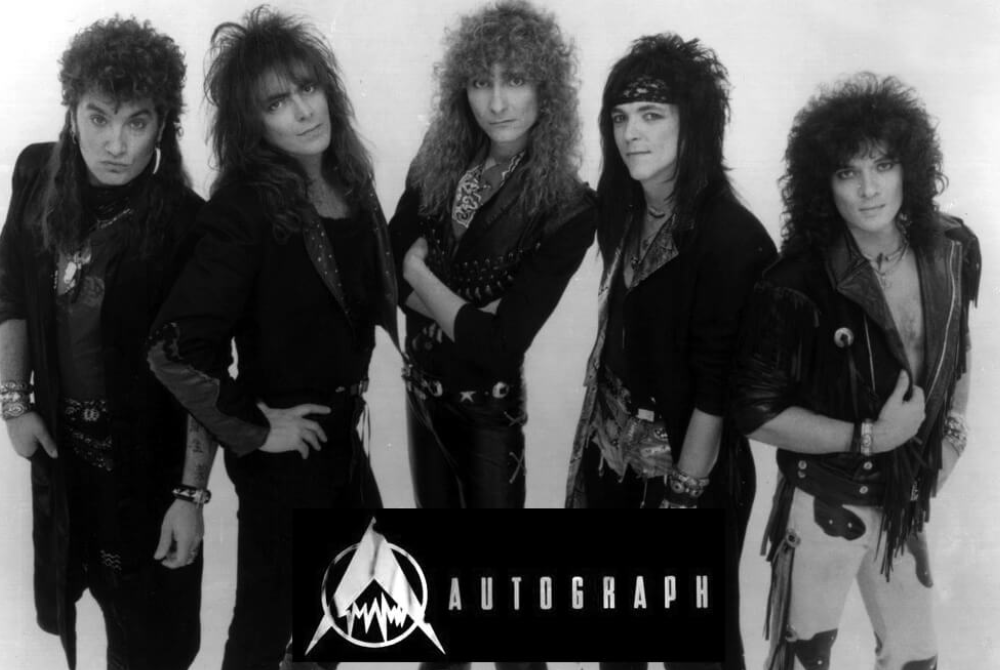The histories of bands are often fraught with volatile dynamics between members. Sometimes these dynamics rise to the surface in public lawsuits, especially when it comes to band ownership, royalties, and live show profits. This makes sense – a popular band can serve as a very valuable IP asset, bringing in thousands of dollars or more per year as fans buy into shows, recordings, and band merchandise.
The situation can become even more complicated when band members change, as we see in a recent trademark lawsuit case involving the band Autograph. As Autograph’s members have aged, a revolving door of newer musicians have joined to keep periodic live shows going. Now, some of the newer members are trying to claim the AUTOGRAPH trademark for their own, without any original bandmates in tow.
A New Incarnation of Autograph Leads to a Trademark Lawsuit
The plaintiffs are Simon Daniels (stage name “Daniel Simoni”) and Marc Wieland. Daniels joined Autograph in 2013 as the new lead singer and rhythm guitarist after the original lead quit. Wieland joined as a drummer in 2014.
Their trademark lawsuit claiming ownership of AUTOGRAPH was filed after the death of one of Autograph’s original founders, Randy Rand. The present defendant is another co-founder of the band, Steve Lynch.
The reason for claiming this trademark? Daniels and Wieland want to keep playing shows as Autograph, without involving Lynch or other original members.
Just a Tribute Band
Lynch has released public statements in the past month, rallying fan support for his side. He calls out Daniels and Wieland for disrespecting the decades of work that the founders put into building Autograph. He also points out that Autograph’s stance on new shows has been clearly communicated to new members over time: at least one original member must be part of the show for it to be an Autograph show.
After all, fans come to see the band they loved in the ‘80s. Many fans seem to agree with Lynch that shows lacking any original members are merely an Autograph tribute band.
The Twist
There is an IP legal catch to this story, though. When Autograph filed a trademark application back in the ‘80s, it was met with an office action/refusal in 1986. The band never responded to that office action. Because of this incomplete application, they never officially registered the trademark.
This means that the original members have been using AUTOGRAPH as a common law mark, which is valid… as long as they’re actively using the mark in commerce. If Daniels and Wieland can prove that Lynch and the original bandmembers abandoned the common law mark, it is fair game for official registration.
Of course, just because you can file a trademark lawsuit does not mean you should. Doing so could seem very uncool to fans. In other words, Daniels and Wieland might be able to legally put on shows as Autograph if they win this lawsuit, but that does not mean the audience will respond well.
Cross Your T’s and Dot Your I’s — Even in Rock ‘n’ Roll
Let this be a warning to other musicians. If you do not register your band’s trademarks with the USPTO, those IP assets can be lost to you in the shifting tides of time and music relationships. If you put in years of work to build a band with a following, go the extra mile and protect the value that you have created.
The original band members could have entered into a trademark licensing agreement with the new band members and possibly avoided a trademark lawsuit altogether. If you are more “creative” than “detail-oriented,” contact an IP lawyer – they will pay attention to all those pesky details that can come back to bite you decades down the road.
